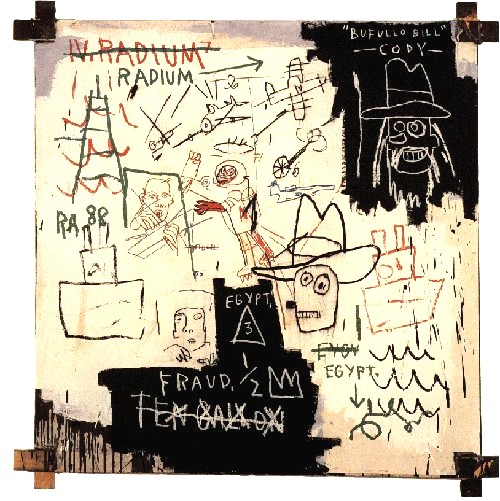Law & Politics
Art Adviser Ordered to Return $1 Million in ‘Secret Profits’ From Basquiat Sale
Lisa Jacobs claims she was owed the money as part of an earlier "buyers premium" deal.

Lisa Jacobs claims she was owed the money as part of an earlier "buyers premium" deal.

Sarah Cascone

Brokering a multi-million-dollar painting sale should count as a slam dunk for any art adviser. But a 2011 deal for a Jean-Michel Basquiat has come back to haunt Lisa Jacobs: A judge ordered her to pay $1 million of what the court dubs her “secret profits,” as well as to forfeit her juicy $50,000 commission.
The ruling, issued by the Supreme Court of the State of New York on March 1, came down from Judge C.E. Ramos. According to the New York Law Journal, Jacobs is appealing the decision.
From 1998 up until her client’s death in 2012, Jacobs worked as art adviser for one Hannelore Schulhof, a longtime art collector with her husband, Rudolph Sculhof.
In October 2011, Jacobs was asked to sell Basquiat’s Future Sciences Versus the Man for $6 million in exchange for a $50,000 commission. The written agreement, drawn up by the couple’s son Michael Schulhof in his capacity as his mother’s executor, specified that Jacobs was “not to accept any fee from the purchaser.”
In the account accepted by the court, Jacobs found a buyer in another art dealer, Amy Wolf, telling her that the asking price was $6.5 million. Then, in an email, Jacobs told Michael Schulof that she “was able to get the [buyer] up to 5.5 million.”
When Sculhof, the former president of Sony Corp of America, discovered the true sale price, he sued for fraud and breach of fiduciary duty.
Judge Ramos granted his request for summary judgment in the matter, noting that “it is clear that Mr. Schulhof was damaged in the amount of approximately $1 million due to Jacobs’ fraud.”
For her part, Jacobs cites an earlier arrangement with her client that granted her a “buyers premium,” though the judge found that she “has not set forth any admissible concrete evidence supporting the existence of this agreement.”
“The decision really took everything the plaintiff said at face value, and I think he [Ramos] made a credibility determination, which is normally the province of the jury,” Jacobs’s attorney, Carter Reich of Nicholas Goodman & Associates, told the New York Law Journal.